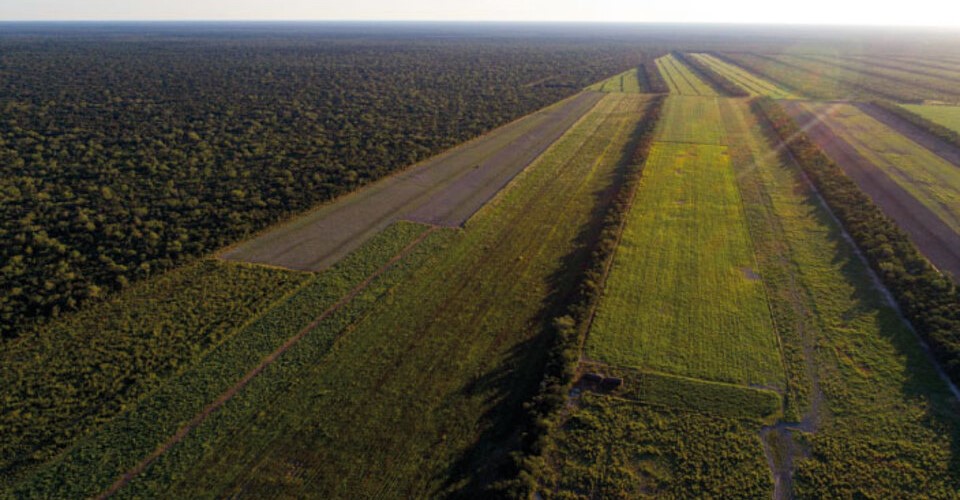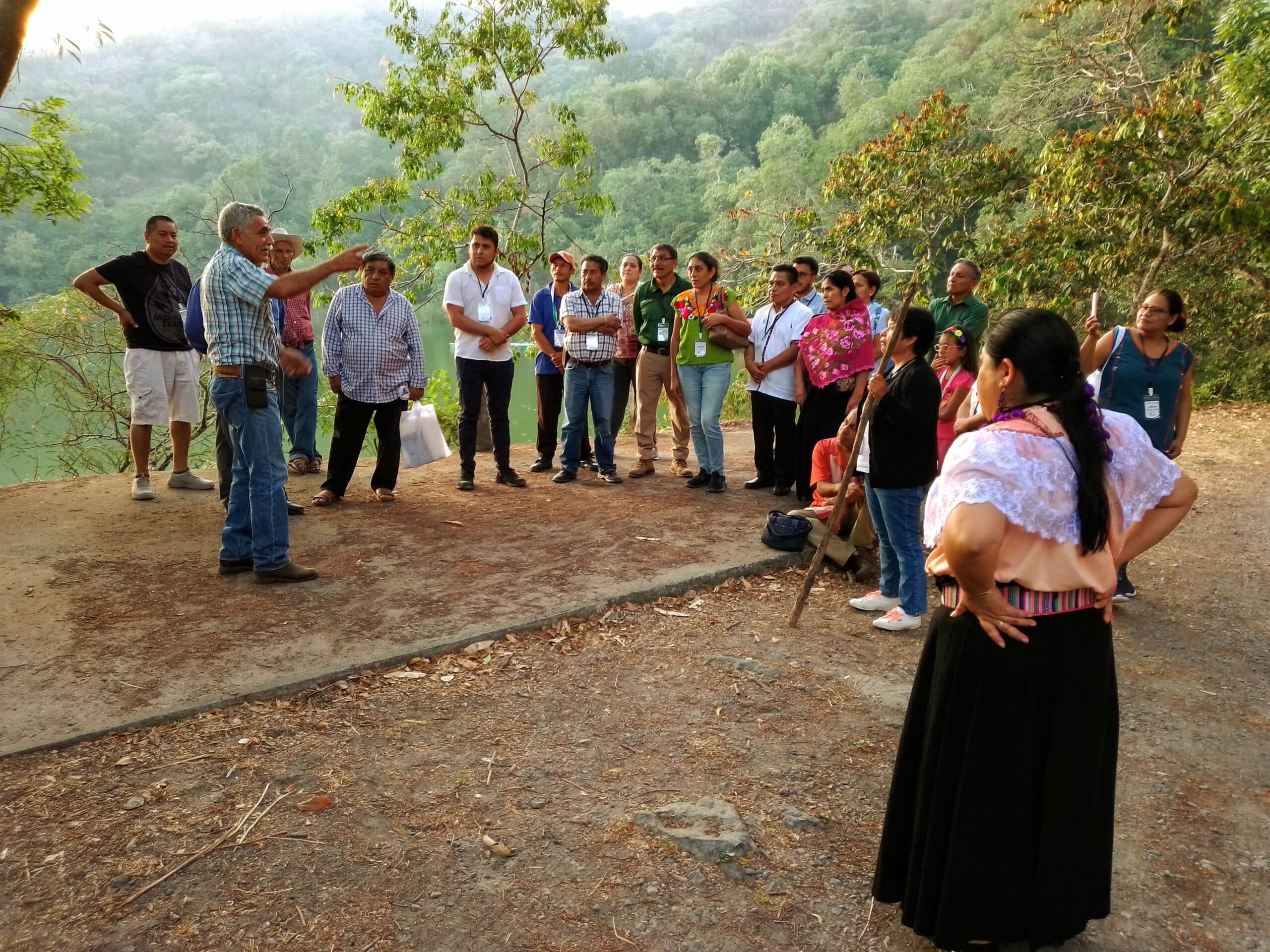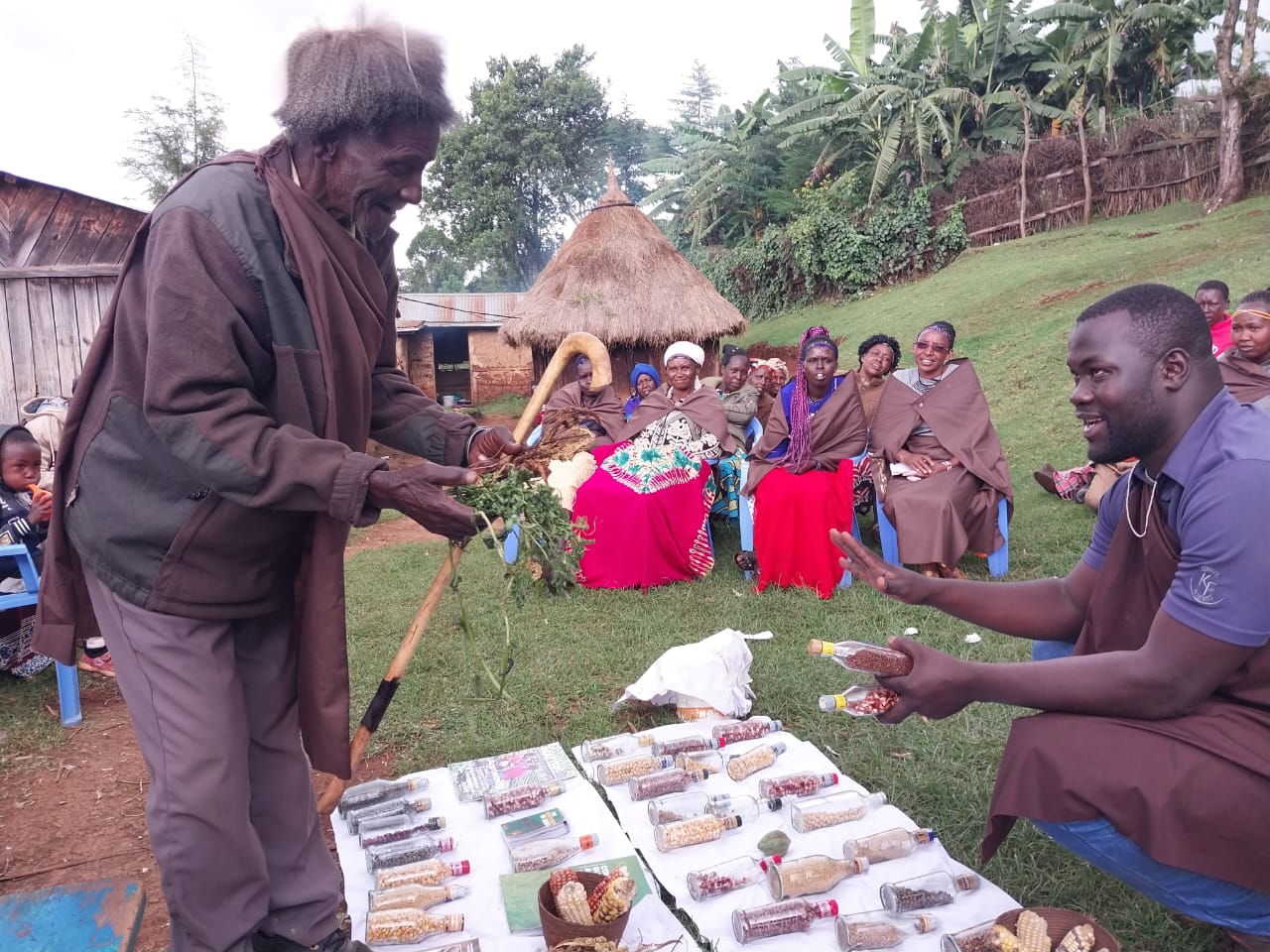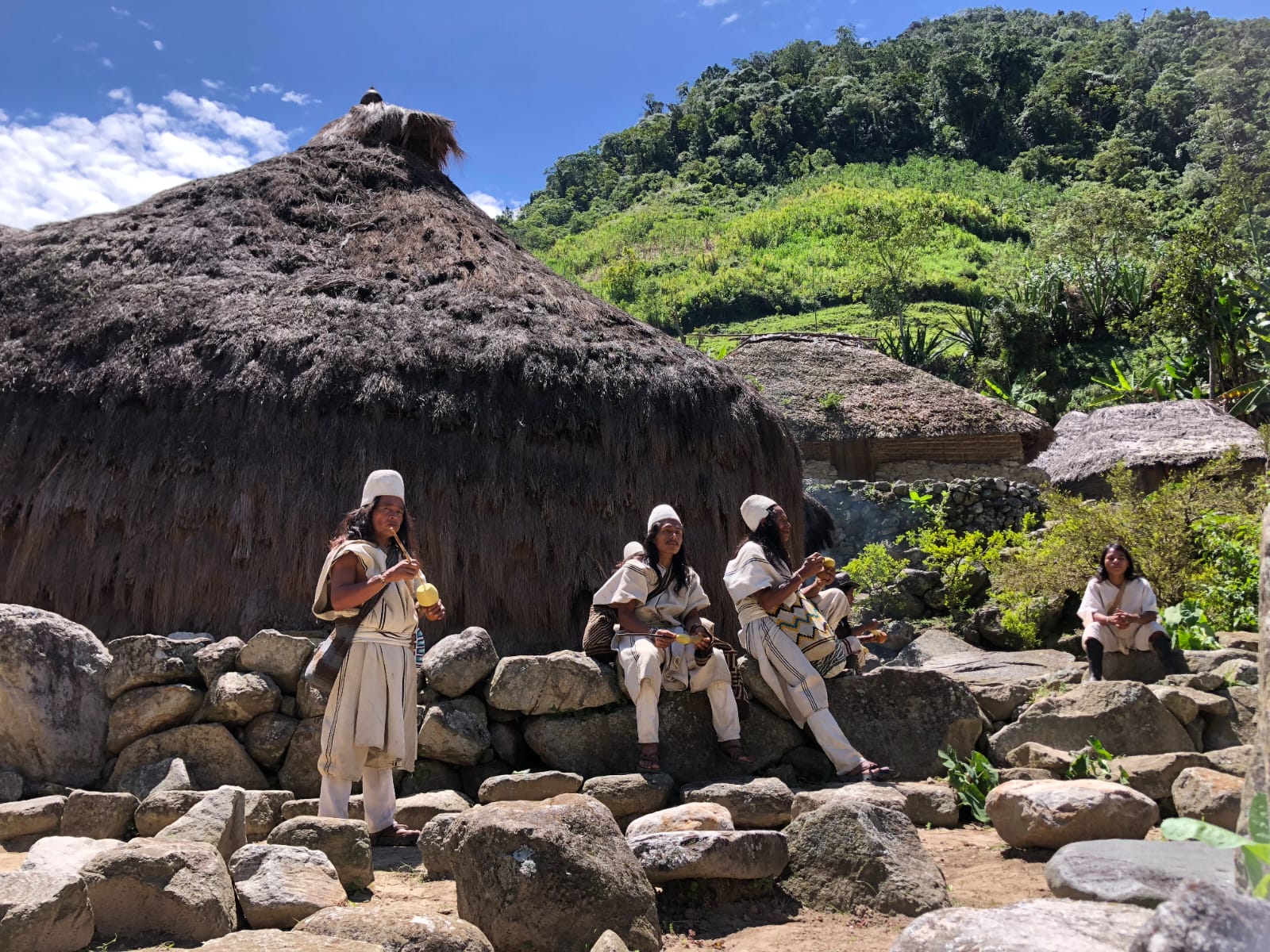‘Voluntary trust’ legislation discussed in Senate.
While the Ayoreo Indigenous People have title to half their traditional territory, draft legislation introduced by a group of government senators would establish a Fideicomiso Voluntario or ‘voluntary trust’ for the rest of their traditional territory.
The Ayoreo-Totobiegosode were never consulted about the Trust, as is their right, and have denounced it as a threat to the existence of isolated communities, stating that it could lead to the privatization of land where they are located.
In February 2016, the Inter-American Commission on Human Rights (IACHR) issued precautionary measures that required the government of Paraguay to put an end to the deforestation of the ancestral territory of the Ayoreo-Totobiegosode, located in the country’s Gran Chaco area. The measures also demanded that Indigenous Peoples in Isolation and Initial Contact be protected from unwanted contacts.
However, the IACHR measures did not have the hoped for effects; the Gran Chaco forests where the Ayoreo-Totobiegosode live, continue to suffer major levels of deforestation that show little signs of coming to an end.
And at present Paraguay is the South American country with the second highest level of deforestation in the last two decades, surpassed only by Brazil, and its Chaco dry forest is disappearing faster than any other on the planet.
As a result, in 2022 Indigenous organizations demanded action, warning that Ayoreo Totobiegosode communities, the only communities still in voluntary isolation outside the Amazon, were at serious risk of disappearing.
The Indigenous organizations also stated that “the absolute and deliberate absence of action by the Paraguayan State” to protect and return to this community the collective ownership of their territory, which they consider “theirs by right and on which they depend to survive.”
For the Ayoreo, not only has the Paraguayan state shown a total lack of interest in returning their remaining lands, the Senate is now considering a measure that could make that even more unlikely.
Land is Life urges the Paraguayan Senate not to proceed with the dangerous and oddly named ‘Fideicomiso Voluntario’; to act to restore traditional territories to which the Ayoreo People have a right; and to protect the remaining Ayoreo Totobiegosode living in Isolation and Initial Contact from further encroachments and deforestation, as required by the Inter American Commission on Human Rights. Not to do so would imply complicity in a genocide.
Background
The Ayoreo first came into contact with outsiders in the 1940s and 1950s, when Mennonites settlers established colonies on their land, leading to clashes and deaths on both sides. Arriving in the late 1970’s, American missionaries also showed little concern for the lives of the Ayoreo; the US based New Tribes Mission helped organize ‘manhunts’ whose purpose was to forcibly evict numerous Ayoreo Totobiegosode from the forest. Constant land invasions forced other Ayoreo groups to leave the forest in 1998 and 2004.
In recent years, agribusiness has replaced religion as the major threat to the Ayoreo-Totobiegosode, although the Mormons are a major force in Paraguayan agribusiness. A large part of the Ayoreo land, which is also home to groups living in Isolation and Initial Contact, is ‘owned’ by five companies responsible for much of the deforestation affecting the Indigenous People’s ability to survive. If their plans come to pass, most of the land will be stripped for cattle raising.
Paraguay’s 1992 constitution guarantees the right of indigenous communities to hold land communally, but that right is mainly words on paper. And in 2005 a twelve year court case to preserve Ayoreo traditional land came to an end when the country’s Congress voted against the expropriation of 114,000 hectares from Brazilian and Argentine landowners.
Paraguay, a country of a little more than 400 km2, has been the second most deforested country in South America in the last two decades, only surpassed by Brazil, a country many times its size*. As a result, Chaco’s dry forest has been disappearing at a faster rate than any other forest on the planet. (Global Forest Watch, 2021)
In 1993 the Ayoreo-Totobiegosode submitted a formal land claim to their forest, and in 2013 they requested the Inter-American Commission on Human Rights (IACHR) to intervene. Two years later, the Commission issued urgent protection measures for the Ayoreo territory while its land claim was being considered. As a consequence, the Paraguayan and the Indigenous People entered formal negotiations in 2016, with the objective of transferring titles to their lands. The Commission acted as mediator.
However, the Ayoreo pulled out of the discussions in 2021, stating they were little more than a delaying tactic that would permit the deforestation to continue; they subsequently requested the Commission to rule on their land rights case.
Photo: Andrés Unterladstaette IWGIA. The forest and agrobusiness. Soybean and corn planting increase along deforestation, to the detriment of biodiversity in the Chaco region.
Further Information:
https://www.iwgia.org/en/news/4435-the-ayoreo-the-last-isolated-people-outside-the-amazon.htm l
https://english.elpais.com/international/2024-01-13/between-the-forest-and-death-in-paraguay.html
https://www.survivalinternational.org/tribes/ayoreo
Since its founding in 1992, Land is Life has played an important role in the struggles of Indigenous peoples around the world, working in partnership with them to advance their rights locally, nationally and internationally.




